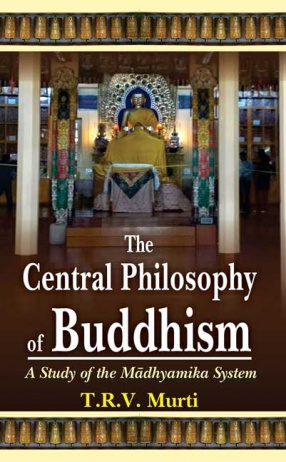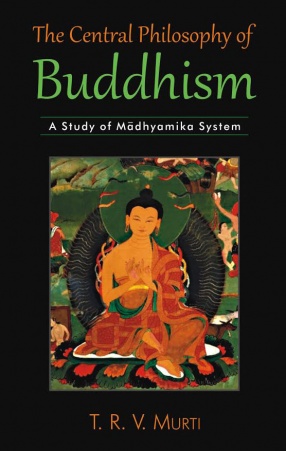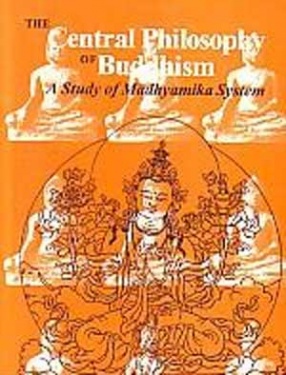The Vastness fo Buddhism is surprisingly immense. An extensive and varied literature, covering period of more than fifteen centuries,is scattered in a score of languages. Its complexity is no less formidable; its school and sub-schools are bewildering in their number and in the twists and turns of their thought. The greatest difficulty facing the student is the lack of an acredited tradition of interpretation.
Buddhism and its religious philosophy has frequently undergone periods of major regeneration. White this willingness to reformulate periods of major regeneration. While this willingness to reformulate the insights of the Buddha for a different cultural context is one of its outstanding virtues, it is also a source of difficulties for the unguided Western student who often becomes lost and confused in the midst of this richness of ideas.
In his study of the Madhyamika School, founded in the 2nd century by Nagarjuna, one the greatest thinkers of all time, T.R.V. Murti presents the central doctrine of Buddhism, which is the absence of any autonomous existence in individuals and phenomena. Drawing on a wealth of documentation the author analyses the development of Buddhist thought in India and its parallels with certain Western philosophy, and he finally illuminates the relevance of the ancient doctrine to the present day.







There are no reviews yet.